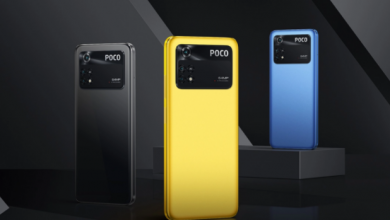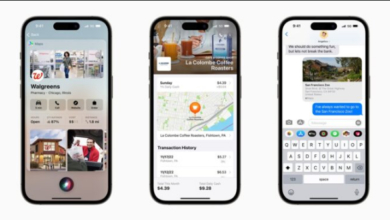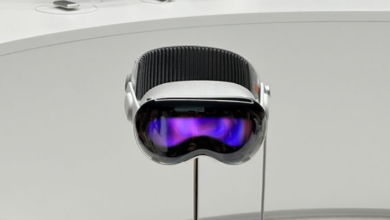
Galaxy Ring: Samsung’s smart ring is already in development
Samsung has begun development of the Galaxy Ring, its first smart ring and new line of devices in years. The product, loosely called the Galaxy Ring, will rival the Oura Ring. Smart rings are expected to be the next hit in the wearable electronics segment.
The information of the beginning of the development of the Galaxy Ring was released by The Elec, a South Korean website specializing in technology and with a reliable history of leaks and hits. However, it is not today that we talk about Samsung’s smart ring.
In October 2022, Samsung filed a patent for such a product in the United States and South Korea. In the patent, the ring appears with some sensors on its inside. The proposal of the smart rings is that it complements biometric monitoring with the smartphone – and will probably dispense with the use of smartwatches.
Earlier this month, it was Samsung’s turn to register three brands in the UK: Circle, Index and Insight. In this case, there are more doubts about a possible relationship between the names and a smart ring. And there are strong chances that one of those names will be from the VR glasses that Samsung will release in the future.
According to The Elec’s sources, the Samsung Galaxy Ring will use circuit boards supplied by Meiko, a Japanese electronics manufacturer. As the website explains, the manufacture of the boards is the first step in the development of an electronic product.
The “race” to launch a smart ring aims to offer the public a wearable that captures more accurate biometric results. Because it is more “tight” on the body than a watch, which will not always have a strap that firmly ensures, the sensors tend to work better in their function.
And unlike a smart watch, whose battery can be up to just over 3 days on a Galaxy Watch 5 Pro (according to Samsung), a smart ring would rely on battery for somewhere around a week.
However, the first prototypes of the Galaxy Ring (remember, free name) will undergo tests and evaluations to verify their performance. If something doesn’t go as planned, Samsung may halt development. If this happens, we have two possibilities: the company goes back to the “theoretical” part or, in the worst case, cancels the project.




